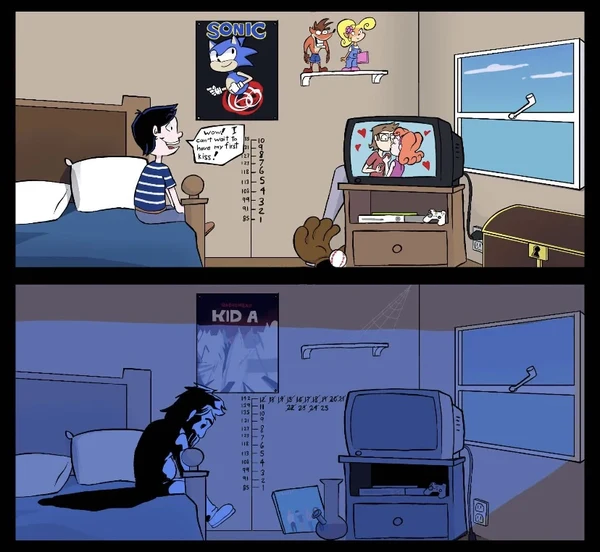Does easier divorce affect who marries whom? Michigan Professor Ana Reynoso exploits time variation in the adoption of unilateral divorce across the United States and show that it increases assortative matching among newlyweds. To unravel the underlying mechanisms, Reynoso estimates a novel life-cycle equilibrium model of marriage, labor supply, consumption, and divorce under the baseline mutual consent divorce regime. By solving the model under unilateral divorce, Reynoso finds that, consistent with the data, assortative matching increases. Effects are largely due to changes in choices when risk sharing and cooperation within marriage decrease, which highlights the importance of considering equilibrium effects when evaluating family policies.
The Impact of Divorce Laws on the Equilibrium in the Marriage Market
https://www.journals.uchicago.edu/doi/full/10.1086/732532
- 10
- 20
Now playing: Funky the Main Monkey (DKC2).mp3











Jump in the discussion.
No email address required.
I'm struggling to decipher what theyre saying under all that jargon.
Jump in the discussion.
No email address required.
It's confusing cause of the term "assortative matching", which apparently just means people choosing to marry individuals like themselves. In what way? Probably everything including income, education, race, religion, etc.
The abstract is basically saying that when any party can divorce for any reason, people tend to be more cautious about who they marry.
Jump in the discussion.
No email address required.
More options
Context
Moids aren't marrying down and uplifting brokies anymore because of divorces cuck men.
Jump in the discussion.
No email address required.
More options
Context
More options
Context